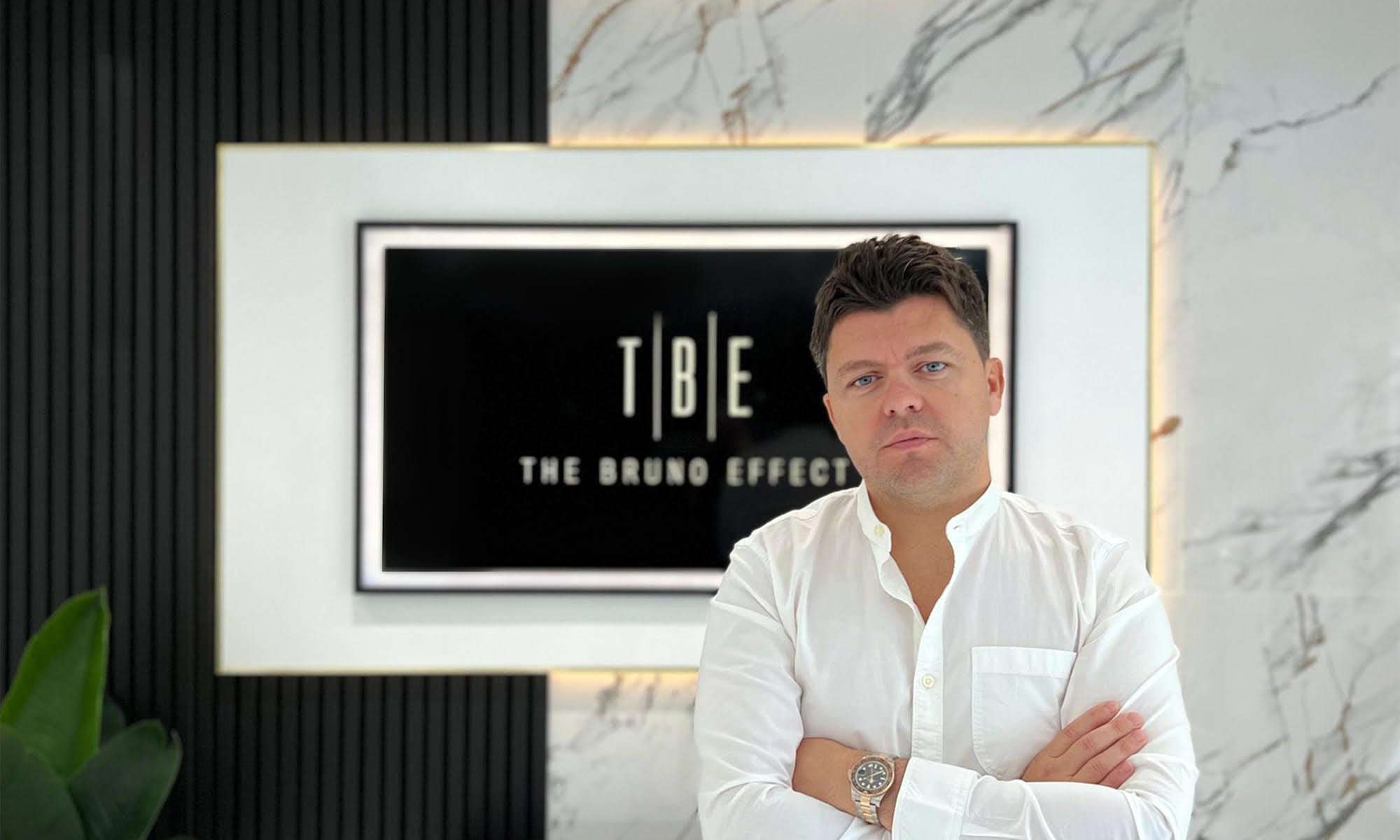Technology startups tend to emphasize a relentlessly forward-looking approach—the future is often both the means and the end. Not so with The Bruno Effect, the online antiques marketplace recently launched by British entrepreneur Carmine Bruno. While e-commerce platforms increasingly embrace a click-to-buy model, his site looks back to the early days of 1stDibs, simply connecting buyers and sellers, then getting out of the way.
“If you look at the overall size of our industry, it’s a multibillion-dollar industry,” Bruno tells host Dennis Scully on the latest episode of The Business of Home Podcast. “Only a fraction of that is being transacted online, so the vast majority of business is being done offline. When you’re spending an average of $10,000 to $15,000 an item, we don’t believe being forced through a checkout process is the option everybody wants to take.”
A quick primer: In the aughts, antiques were largely bought and sold online through a lead generation model. Dealers paid for listings on sites like 1stDibs, and if buyers were interested, they’d get in touch, agree on a price and make a deal outside the confines of the platform.
That was then. In recent years, the likes of 1stDibs and Chairish have adopted what’s called “transactional” e-commerce. Like Amazon, buyers browse items, click “add to cart,” then complete the purchase, all through the platform. It’s convenient, it’s simple, and it follows the big-picture trend of consolidating business online—1stDibs and Chairish have both raised tens of millions, at least partially based on that pivot. But it also leads to some contortions, like de-emphasizing the identity of dealers or restricting communication between the seller and purchaser to ensure the platform makes a cut.
Bruno’s bet is to roll back the clock. Like the original incarnation of 1stDibs, dealers pay a monthly fee to list goods, and shoppers can browse for free. His estimation is that, for items that cost a few thousand dollars, transactional e-commerce works fine. For higher-value objects, buyers and sellers want the option to communicate directly.
“[Buyers] should choose their journey,” he says. “If your preference is to put your card into a checkout and have the item delivered, that’s your choice. But if you want to pick up the phone, you don’t want your calls recorded, you don’t want redaction in your emails, you want the freedom of knowing who you’re talking to, on your terms—that should be an option.”
The matter is personal for Bruno. He helped start a European marketplace called Online Galleries, which was eventually sold to 1stDibs. Bruno himself became a 1stDibs employee, helping to establish the site’s international presence. He left in 2019, looking to build something new and get back to basics.
Along the way, he’s learned plenty of hard lessons. The development process of The Bruno Effect stalled, pushing back his timeline by six months and running up his staffing bill considerably. The site is not yet profitable (Bruno predicts it will be in the next 12 to 18 months), and he’s spent plenty of money “marketing the launch of a site that didn’t have a launch date.”
What shores up Bruno’s confidence amid the challenges is the appetite among both buyers and sellers for the business model. The site launched with several hundred—mostly European—dealers and has attracted attention from designers. Looking ahead, Bruno says that self-funding the business removes the pressure to make decisions around growth alone. “We don’t talk about how to accelerate quickly and maybe unsustainably,” he says. “We talk about how we create the best experience for the best dealers and the best buyers.”
Listen to the show below. If you like what you hear, subscribe on Apple Podcasts or Spotify. This episode was sponsored by Amazon Ads and Universal Furniture.
Homepage image: Carmine Bruno | Courtesy of The Bruno Effect





























